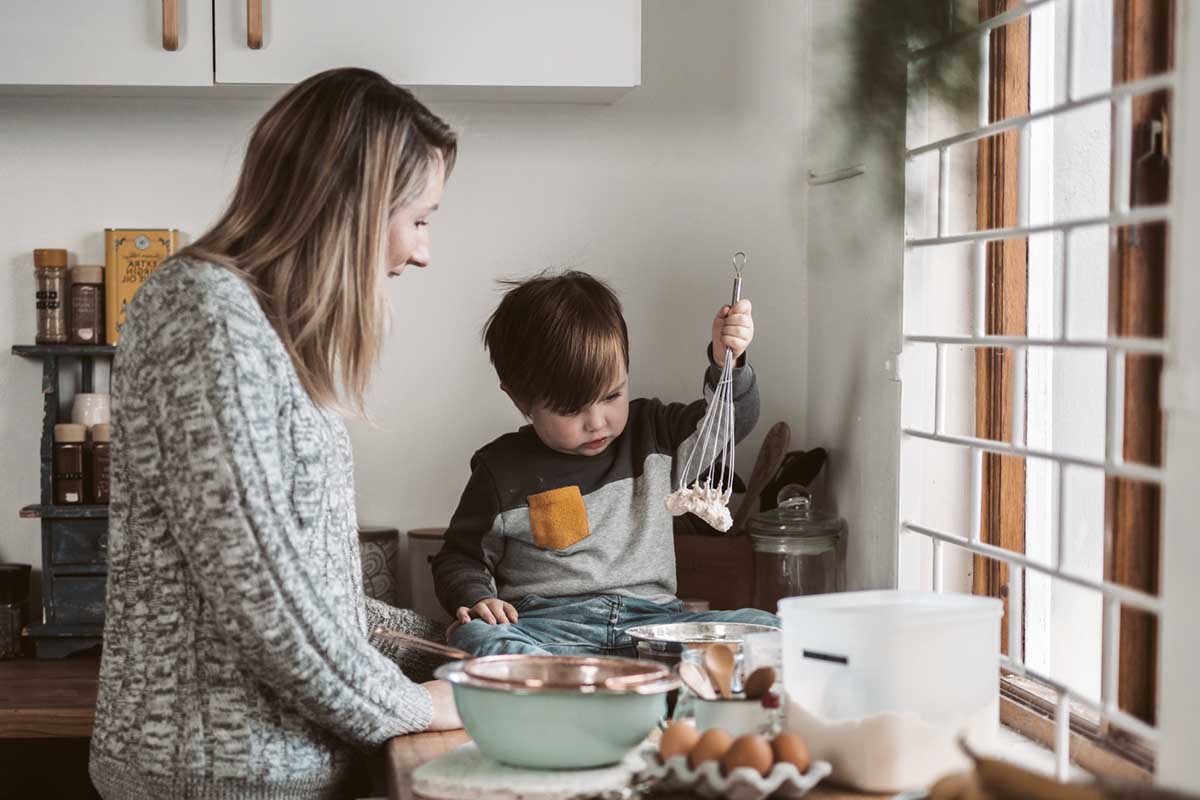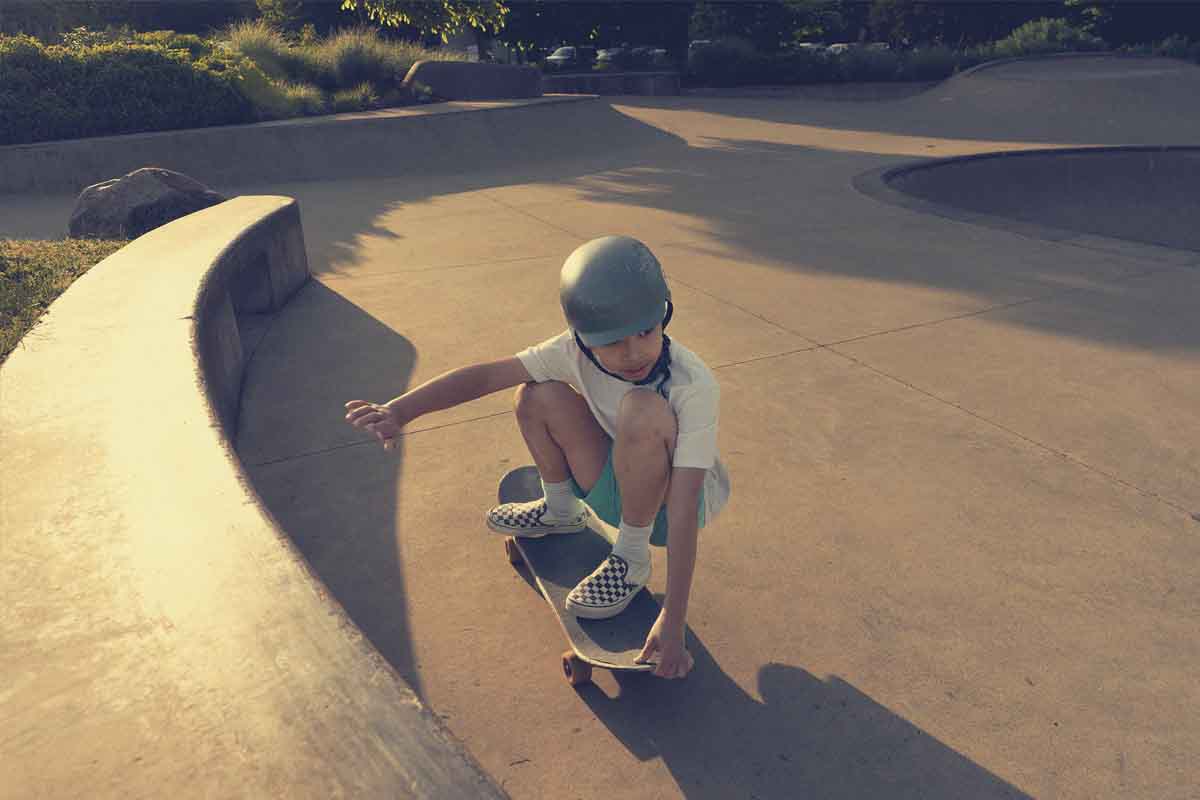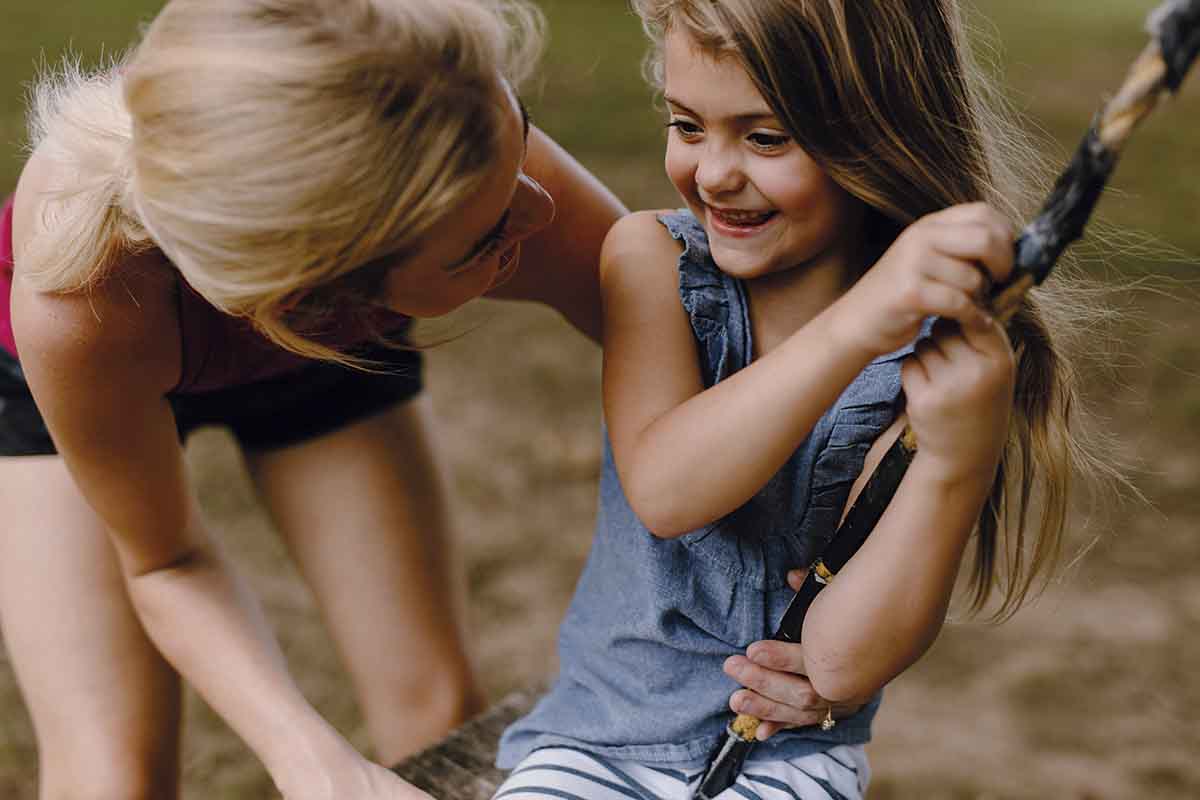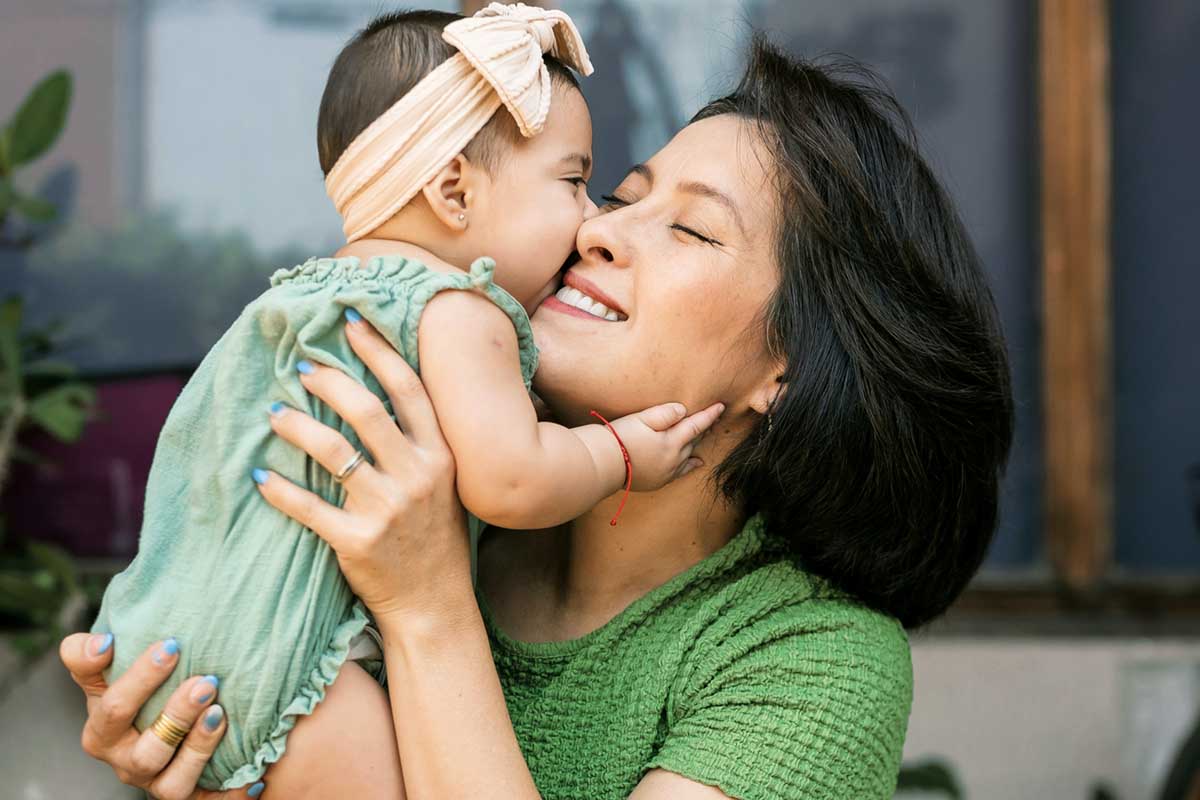Advertisement
Helping Our Children Grow Up Happy and Resilient
Why being present means everything

Is there a magic ingredient to parenting that helps children grow up happy, cultivates resiliency, and helps them reach their potential—whatever that may be? Short answer: yes.
However, a worthy reminder: do not compare children and their thrive journeys. “Having a sense of achievement means thriving,” says Gail Johnson, Kamloops-based pediatric occupational therapist. “Acknowledging that each child is differently abled allows us to celebrate their unique competencies and facilitate opportunities to succeed.”
Advertisement
The way we start …
From being born helpless, our first years of life are the most impactful for brain development. New neural connections, called synapses, form with each new experience.
However, it starts long before that. Building a new brain calls for proper nutrition (and supplementation, where necessary) that ensures adequate levels of folate, iodine, vitamin D, iron, choline, and omega-3 essential fatty acids (essential for brain development). But high stress levels can affect brain development and so can various hormones.
Advertisement
The journey continues …
Early infancy is the time for bonding. By holding our babies and attending to their needs, we help them learn to trust us, each interaction cemented by new synapses (over 1 million neural connections are formed in the brain every second during the first few years of life).
Toddler years come with a lot of new learning, including emotions. However, says Johnson, “Some children may have difficulties expressing or understanding emotions, due to developmental issues.”
This can make it difficult to connect emotionally, but that doesn’t hinder communication. “It comes down to being attentive to the other ways they communicate and what they are curious about,” she says.
Closeness comes in many flavours at this age: holding them, snuggling to read, role playing, and exploring outdoors are just some of the ways we can connect and communicate with our kids.
During preschool and school years, children learn about co-operative and competitive play, handling emotions, and developing social skills. Being present allows you to observe and help create opportunities to respond to their needs, including their new need for more independence.
Advertisement
Then come the often-troubled years …
Parenting teenagers has never been easy, and each generation faces new challenges. Preteens become aware of body changes, which increases self-consciousness, more so in the age of social media. There will be bouts of moodiness, self-doubt, passive aggression, and a greater-than-ever need to know their parents are present.
“There’s much rewiring happening during the teenage years, which often makes communication difficult,” says Johnson. Strive to create a positive family environment and offer opportunities to connect over what interests them. Above all, says Johnson, be present, observe, and listen.
Advertisement
Help them say no
Alcohol and drugs can affect the developing brains in myriad ways. Cannabis affects coordination, thinking and decision-making, and mood. Alcohol can impair memory and may cause changes within the brain and between brain regions.
Allowing children to say no early in life helps them learn about boundaries and equips them to better resist peer pressure related to drugs and alcohol during the teenage years.
Open the conversation ahead of time and help them come up with a plan such as having supportive peers, leaving when not feeling safe, and even blaming it on their parents, if need be.
Advertisement
Growing brains love movement!
Physically active children and teenagers are likely to learn better and enjoy better self-esteem compared to those who are less active. “Movement helps with attention and mood regulation and it’s an opportunity for social connection,” says Johnson.
But it’s not just organized sports that count. Impromptu silly dances, backyard hide-and-seek, hikes, and bike rides all mean movement and connecting with your child. “Engage in something that’s joyful for your children,” says Johnson, “and find ways to pursue activities you like and introduce your children to them.”
Advertisement
All this to say …
Our children’s developmental journeys come with unexpected turns and emotional ups and downs. Being present allows us to respond to our children’s needs, help them learn about trust, and cultivate their empathy and resilience.
It also allows us to grow alongside our children and find grace in the most unexpected places along the way.
Brainy helpers for children
Omega-3 essential fatty acids (EPA and DHA)
Supplements may improve ADHD symptoms and enhance memory and verbal skills.
Note: please speak to a health professional prior to starting your child on a supplement.
Vitamin N (nature)
Daily doses improve cognition and brain activity and promote better sleep.
Vitamin S (sleep)
Sufficient sleep (at least nine hours) promotes healthy brain development and better emotional regulation.
Learning comes in many flavours
“Learning happens through visual, auditory, or verbal cues, and also through physical movement,” says Gail Johnson, pediatric occupational therapist. If a child has difficulties processing language, for example, she says, they may lose focus during school activities and “act out.”
That can be an indication that they learn differently, says Johnson, so judgment aside, it may be useful to consult a child development specialist and learn about how to best support your child on their academic journey.
Good to know
- Exercise during pregnancy improves cognitive performance in children.
- Brain volume doubles in the first year of life and reaches 90 percent of adult size by the age of five.
- The prefrontal cortex is the most sophisticated brain structure, and it doesn’t develop until we’re around 20 to 25 years old. That explains impulsivity and occasional less-than-ideal decision-making.
- Developing teenage brains respond differently to stress, which makes them more susceptible to developing anxiety and depression.





